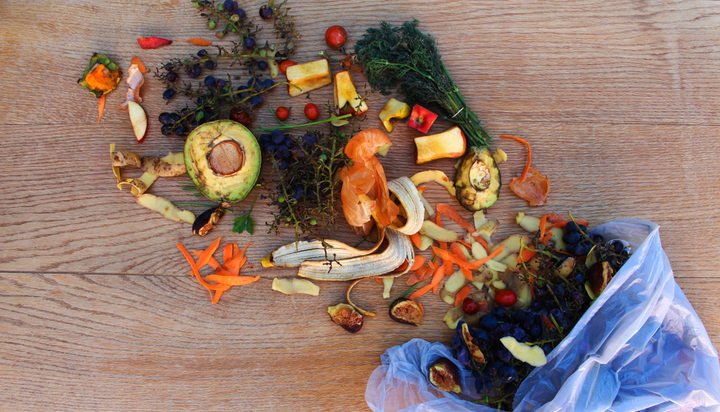Inside BENEO’s new pulse plant: pioneering sustainable protein from faba beans
To contribute to the effort to reduce food loss in supply chains worldwide with their ongoing collaboration
France based Consumer Goods Forum (CGF), a global parity-based industry network, has launched a CEO-led Coalition of Action on Food Waste, bringing together 14 of the world’s largest retailers and manufacturers with the goal of halving per capita global food loss at the retailer and consumer levels.
The Coalition and its members, with their explicit CEO engagement, action-oriented commitments and passion for accelerating sustainable change on a global level, will be able to contribute to the effort to reduce food loss in supply chains worldwide with their ongoing collaboration.
The new Coalition will build off five years of experience that the CGF has on tackling this issue, dating back to its ground-breaking Food Waste Resolution and call for standardised date labelling.
The 14 initial members of the Coalition are Ahold Delhaize, Barilla, Bel Group, General Mills, Kellogg Company, Majid Al Futtaim, McCain Foods, Merck Animal Health, Metro AG, Migros Ticaret, Nestlé, Sainsbury, Tesco, and Walmart. The Coalition is sponsored at the CGF Board level by Dave Lewis, Group Chief Executive of Tesco, and Max Koeune, President and CEO of McCain Foods. The Coalition Steering Committee is co-chaired by Francisco Cordero of Kellogg Company and Brittni Furrow of Ahold Delhaize USA.
Through their participation in the Coalition, these members will be able take important steps to reduce waste by fulfilling three Coalition commitments.
First, the Coalition recognises the critical importance of measuring and reporting food loss data, with members committing to report their data by 2021.
Second, in support of Champions 12.3, a long-time CGF partner and multi-stakeholder organisation working to reach UN SDG 12.3, Coalition members agree to scale up Champions 12.3’s 10x20x30 Initiative—extending their collaboration beyond the Coalition to engage their suppliers and other stakeholders.
Finally, members commit to addressing food loss at the post-harvest level, which is responsible for creating 30 percent of food waste, by engaging with stakeholders to develop innovative and effective food loss prevention strategies.

